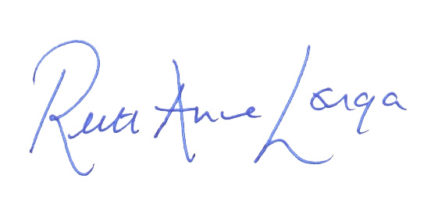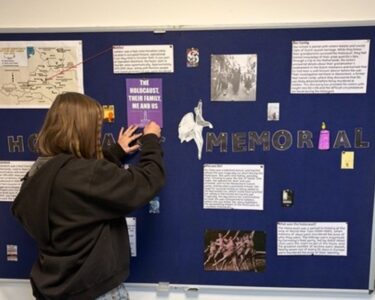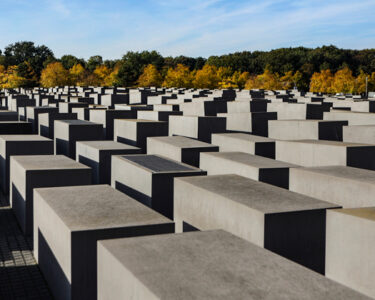It is fantastic to see so many of you feeding back to us on the new resources and lesson plans we are offering you during lock-down. Well over 500 extremely positive comments have come through to us and it is very reassuring and uplifting to know that our work is supporting you teach about the Holocaust online during this pandemic. I really mean that.
We are also delighted to see that you are joining us on our new online CPD courses too. We are hoping to build up a portfolio of different courses for you to enrich your subject knowledge, teaching and leadership.
Our online MA module in now in its 7th week and we have been exploring the many and varied challenges that confront us when teaching and learning about the Holocaust. Participants this week, for example, are grappling with ethical questions which, in part, consider how we can teach about a traumatic history without traumatising our students and what we need to do to ensure disturbing testimony, images and footage is managed sensitivity and skilfully at all times. Questions such as this one is currently being debated: Bearing in mind the idea that students are essentially a ‘captive audience’, consider what should influence our choice of testimony, images and other sources for use in teaching about the Holocaust?
With concerns such as this in mind, materials produced by UCL for home learning will include a set of guidance notes for parents/carers/trusted adults as well as for teachers. We hope they will help parents know how they can help. We are also looking to create one or two lessons that encourage shared learning opportunities with cross generational discussions about issues raised by the students’ study of the Holocaust.
Speaking of cross generational activity, I am delighted that Angela Cohen, Chair of the ‘45 Aid Society, has granted me permission to share with you a wonderful little film about a group of Holocaust survivors who refer to themselves as ‘The Boys’ (which includes women survivors too). Every year the survivors – most approaching their 90s – hold an annual gathering to celebrate life, together with their children and grandchildren – second and third generations of the survivor community. When I say gathering, what I really mean is a wild, fun, fantastic party – with food, live music and pulse-racing dancing. The event this year was cancelled, of course due to the virus – the first time they have not held this event since establishing the organisation. However, a film was made so they could participate in a virtual celebration instead. The film captures the life, spirit and sheer energy of these remarkable people and is both inspirational as well as deeply moving.
Beyond the materials we have offered you via the post it, the team at UCL is finding more innovative ways to offer professional development through live online courses and semi-structured conversations. Our Beacon School teachers regularly meet online to increase their knowledge and understanding about the Holocaust in Warsaw and we have run several live teaching courses for ITE. Today, it was great to work with IOE’s History PGCE students on a full day CPD, live online – something we usually offer face to face.
Ruth-Anne Lenga
Programme Director




